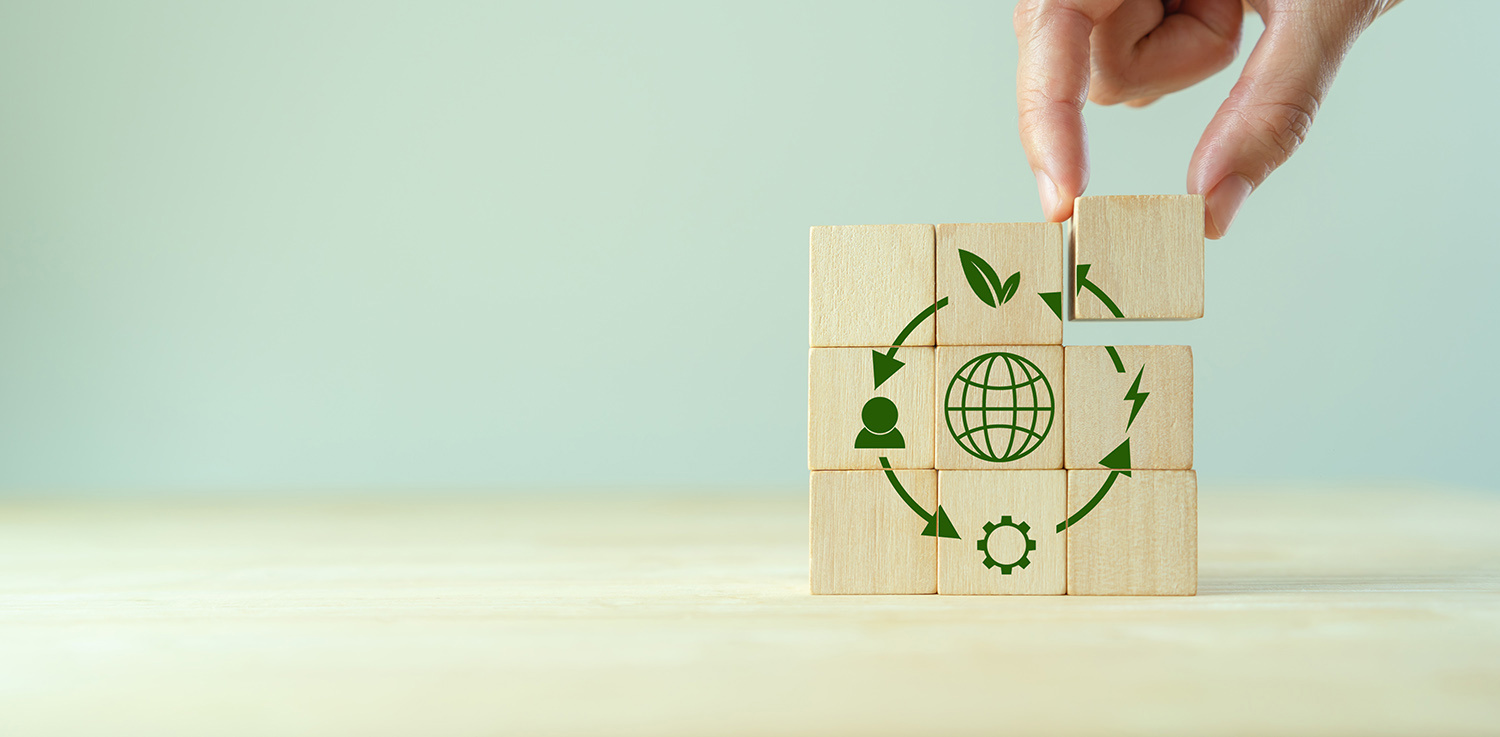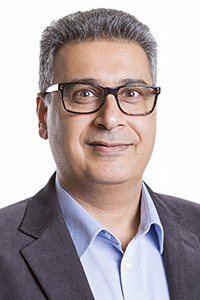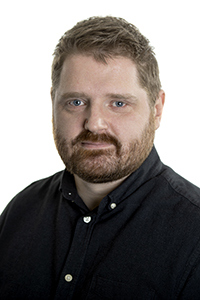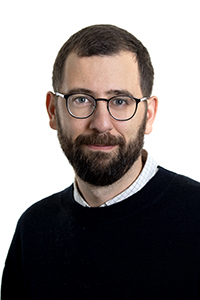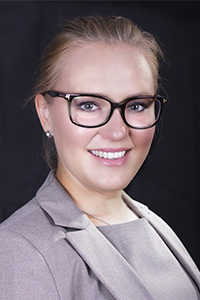Resource Management
The Resource Management (RM) group studies the interaction between behavioral, social, and technical aspects of Resource Recovery. This includes the reason that waste occurs in the first place, identification of hotspots for decreasing the environmental impacts of waste, design and implementation of interventions to reduce waste, and improve circular economy.
Our research centers around the following research questions:
- How can users be involved in resource recovery systems, including in the design stages of technical systems and infrastructures?
- How can attitudes and behaviors be changed to encourage engagement in resource recovery and sustainable development?
- What tools can be developed to achieve the sustainable development goals that relate to resource recovery?
Effective and sustainable waste management requires that waste is sorted into different fractions such as plastic, paper, metal, food, etc., at the places that waste is generated. In Sweden, this sorting is done by the various actors that generate waste, such as supermarkets, restaurants and individuals at households. It is important to understand the reasons why so much waste is generated, and then identify, develop and implement interventions to reduce the amount of waste and improve engagement with resources through, for example, reducing, recycling and upcycling. The RM group develops this knowledge and identifies and implements interventions to reduce and manage waste, as well as measuring their effect in a waste management system. Beside the technical waste management system, the relevant actor is placed in focus and the interface between the actor and the technical system is studied. The RM group uses mixed methods, both quantitative and qualitative methods such as pick analysis, life cycle analysis (LCA), interviews, focus group and questionnaires.
Research done in the RM group is presently focused in three main research fields:
- Circular economy in household waste
- Material flow analysis (MFA) and life cycle analysis (LCA)
- Food waste and upcycled foods
RM research contributes to many of the UN’s sustainable development goals, and mainly to:

Circular economy in household waste
The RM group has already developed and tested RBT (Recycling Behavior Transition) procedure to improve waste sorting at households to increase the recycling rate of household waste. This procedure consists of pick analysis (waste composition study) to identify the actual behavior of sorting, interviewing the households to understand their need for improved waste sorting, designing and implementing interventions to improve waste sorting and, finally, assessing the effect of interventions. The procedure can be used in any local and cultural conditions.
The RM group has also studied on the impact of food packaging design on sorting behavior. Correctly sorting packaging waste has more to do with voluntary participation than any other factor. Proper handling of food packaging waste requires an effective bond between the technical waste management system and consumers. One of the ways to promote sorting behavior is to strengthen this interaction. Packaging can act as a mediating factor to facilitate this interaction if its potential is utilized effectively. The packaging design's ability to script consumers' sorting behavior is a plausible way to improve waste sorting as a sustainable behavior in the long term and serves as an educational platform to foster sorting behavior. Furthermore, it can save an enormous burden and cost. Thus, the ability of packaging to interact with the consumer could be an opportunity for waste management to foster sorting behavior and promote voluntary participation by consumers.
MFA and LCA
The group also deals with other aspects of resource recovery and management in society, such as material flow analysis of food waste, and life cycle assessment of waste systems and energy technologies. The group has experience in food waste prevention and the development of strategies to reduce its environmental impact via waste valorization pathways. Furthermore, the RM group has, together with the Biotechnology group at the University of Borås, integrated LCA in the early stages of technology development, investigating the implications of design choices on the environmental performance of different technologies.
Food waste and upcycled food
The RM group focuses on how the food system can become more sustainable through the prevention of food waste. The research uses a framework that integrates the quantification of food waste, the investigation of the causes behind it and the development and evaluation of different strategies for the prevention and valorization of wasted food.
The RM group also focuses on different aspects of upcycled foods, e.g., production and consumption by considering its’ social and environmental factors. According to the Upcycled Food Association, upcycled foods use ingredients that otherwise would not have gone to human consumption, are procured and produced using verifiable supply chains, and have a positive impact on the environment.
In another study, The RM group focuses on enabling engagement in new and innovative strategies that people can do themselves with food waste. This study centers around people’s engagement with waste using the exemplar activity of leftover bread fermentation using edible filamentous fungi. The aim of this project is not only to bring bread fermentation into people’s homes but also to offer a new way for people to engage with leftovers. It also aims to gain knowledge about how people perceive, experience, feel and think about sustainable food, and to understand the impact that reflections of concepts such as value and meaning have on people’s daily behavioral patterns with respect to food that would otherwise end up in the waste.


